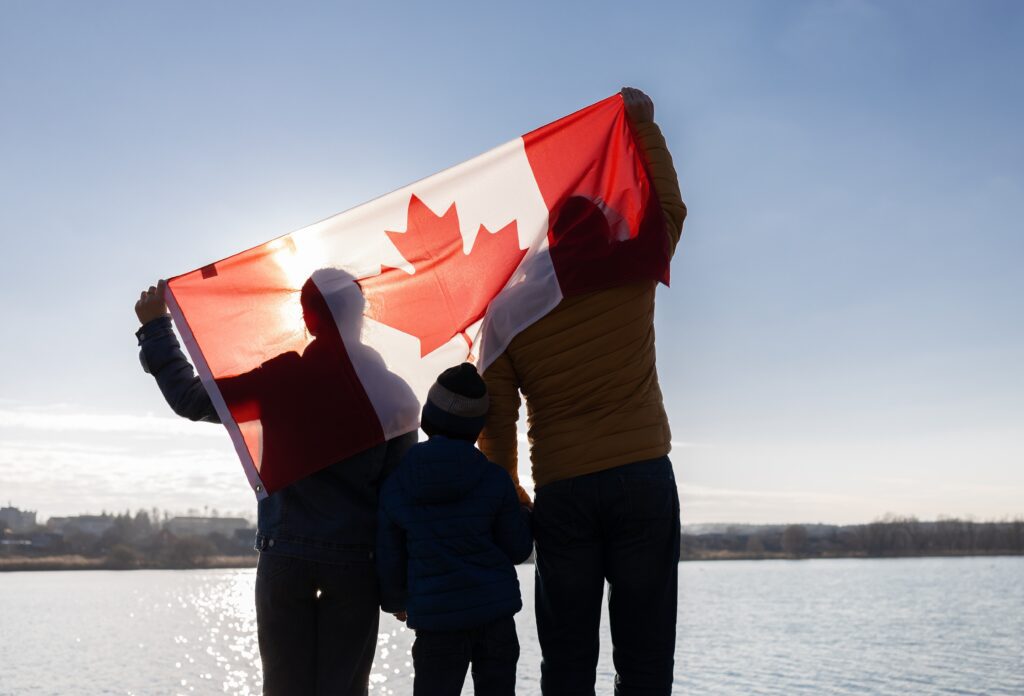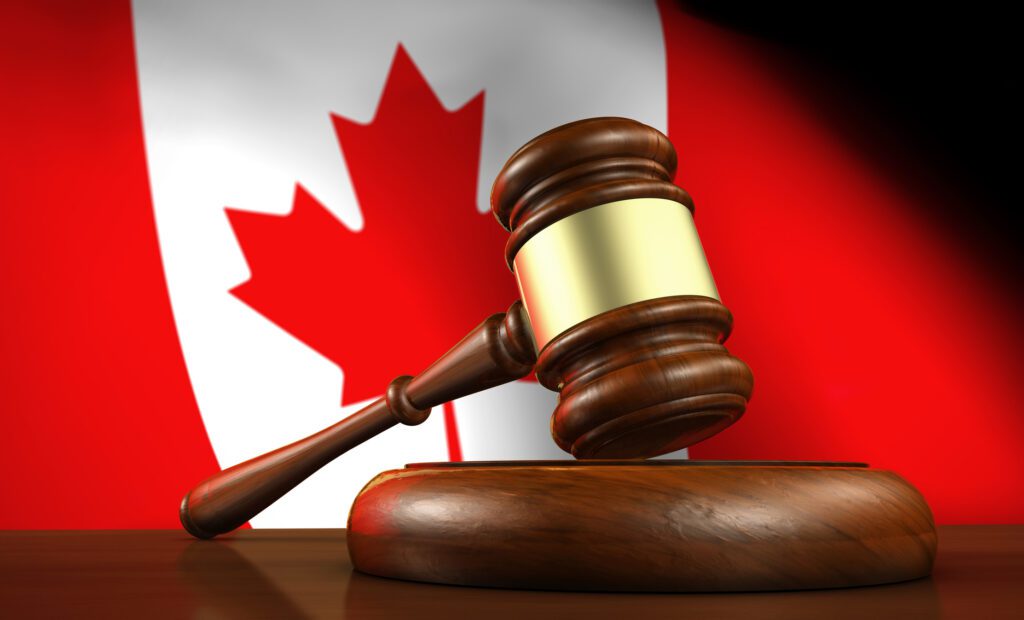Is it safe to eat raw fruits and vegetables? How much have greenhouse gas emissions dropped? Here are answers to five questions about COVID-19 and the environment.
This is the first in a series of blogs answering questions about COVID-19 and the environment. Do you have a question? Email us at deardefenders@environmentaldefence.ca
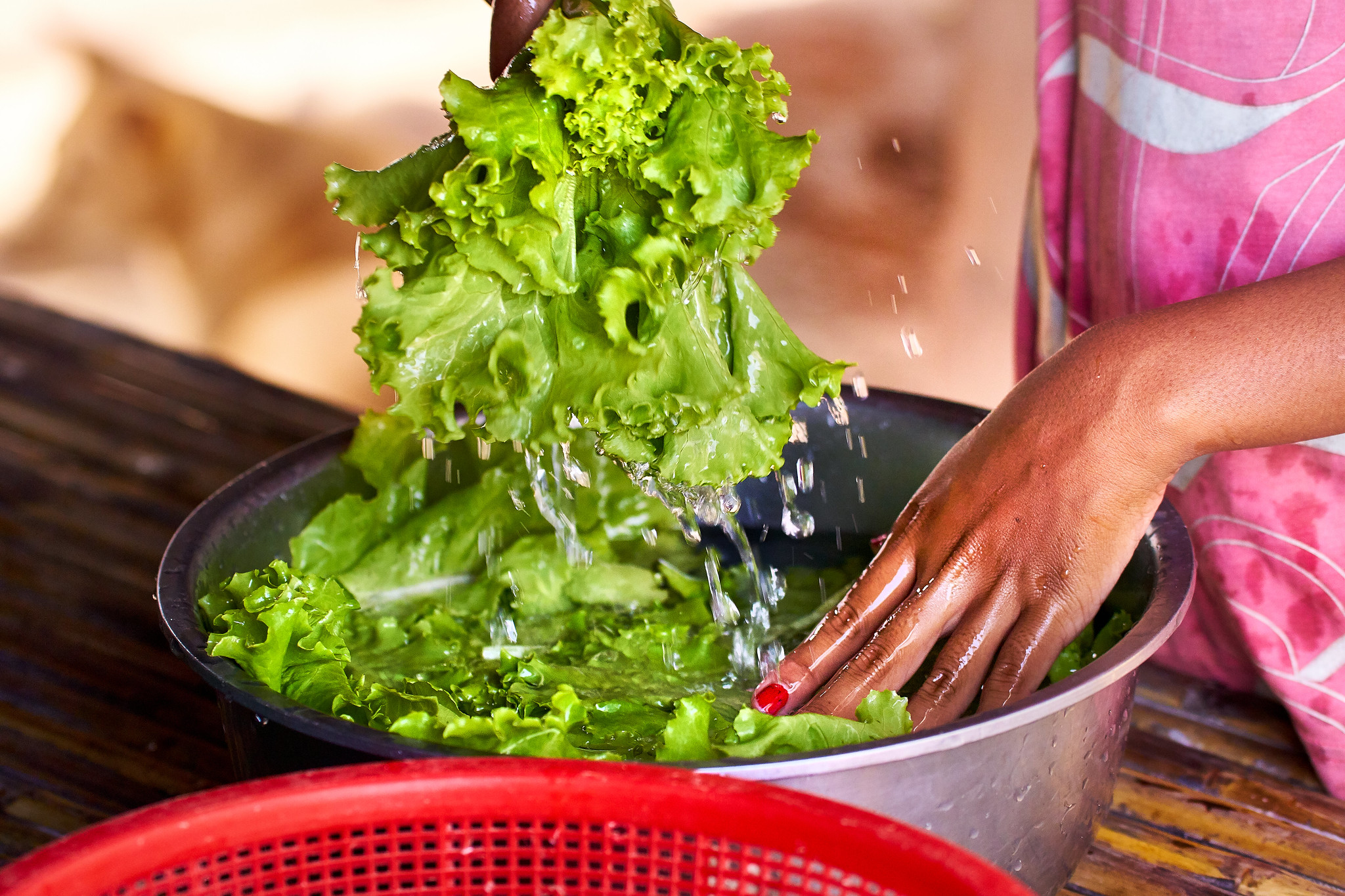
Should we be eating raw fruits and vegetables during this time? What are the best ways to wash your produce properly to reduce the risk of ingesting foods that may have touched COVID-19 contaminated surfaces.
Eating fruits and vegetables is an essential component of a healthy diet. Currently, there is no documented evidence that the COVID-19 virus is transmitted via food. Health Canada recommends washing your fruits and vegetables under running water without the use of soap, chlorine or other chemical products as that may lead to ingesting harmful chemicals. Wash your hands thoroughly with soap for 20 seconds before and after washing your produce. Feel free to use a vegetable scrub brush to give rougher vegetables an extra scrub!
 How big of a reduction of greenhouse gas emissions in Canada are we seeing since the COVID-19 crisis began?
How big of a reduction of greenhouse gas emissions in Canada are we seeing since the COVID-19 crisis began?
We can reasonably assume that there’s been a reduction in greenhouse gas emissions (GHGs) in Canada since the COVID-19 crisis began. People are driving less, industrial activity has slowed, and less electricity is being used. However, the total amount of that reduction won’t be known for a couple of years.
The most recent year we have GHG data for is 2018. That year, Canada produced 729 megatonnes (MT) of GHGs – the most since 2007. We also know that just over half of those emissions come from two sources: oil and gas production and transportation – mainly from passenger cars (increasingly from SUVs) and from heavy duty transport trucks. Electricity is another main source of GHGs in provinces that use coal or natural gas.
We know from past experience that after a big drop in emissions, which happened after the 2008 financial crisis, emissions will rise again when the economy recovers. That’s why it’s important that we switch to electric vehicles, replace electricity from fossil fuels with renewable energy and lower oil and gas production if we want to permanently reduce GHGs in Canada.
 How can we counteract the claims from the plastics industry that during the COVID-19 crisis that it is more hygienic to use plastic bags and single use-containers than reusable ones?
How can we counteract the claims from the plastics industry that during the COVID-19 crisis that it is more hygienic to use plastic bags and single use-containers than reusable ones?
We have been combatting this messaging by sharing the real facts about the safety of single-use plastics and pandemics. The truth is that unless a plastic item is explicitly marked as “sterile”, it’s not. Also, a recent study found that out of the materials analyzed, the coronavirus lived longest on plastic (2-3 days). So, disposable cups, bottles and bags are no safer than properly washed reusables. You can help spread the word by sharing our blog with your friends and family.
 What are the benefits of investing in renewable energy as part of the economic recovery process from COVID-19?
What are the benefits of investing in renewable energy as part of the economic recovery process from COVID-19?
Renewable energy means cleaner air and fewer greenhouse gas emissions (GHGs) that cause climate change. This leads to better health for Canadians. In 2018, 9 per cent of Canada’s GHGs (64 megatonnes) came from electricity generated by fossil fuels – coal and natural gas. But we have the technology today to reduce these emissions to zero by using renewable energy sources including wind, solar, hydro and geothermal power. And it won’t mean a rise in electricity prices because, in most cases, renewable energy is cheaper than the least expensive non-renewable option.
Building more renewable energy and maintaining it also creates skilled well-paying jobs. At a time when many people in the oil and gas industry are out of work, investing in renewable energy will provide needed jobs. So, investing in renewable energy is a win for the environment and for workers, and should be part of the economic recovery process after the COVID-19 crisis.
 What actions can we take from home besides signing online petitions, during the COVID-19 crisis?
What actions can we take from home besides signing online petitions, during the COVID-19 crisis?
One thing you can do is increase your knowledge about key environmental issues that may affect you or your family. One way to do this is by reading Environmental Defence’s blogs.
Another thing you can do is conduct toxics and trash audits of your home to find alternatives that are better for the environment and your health. For the toxics audit, read the labels of the personal care products you use to see if any have one or more of the toxic ten ingredients. If you are using a product with one of these toxic ingredients, looks for a product without them the next time you shop.
For the trash audit, check out this great guide about how to do this audit and begin to cut down your trash. And remember, change takes time. Be patient and start with the changes that make the biggest impact.
Your support during these uncertain times is crucial for us to continue our work in protecting the environment and the health of our communities. If you can, we hope you can make a contribution to support our efforts.
Stay up-to-date on environmental issues. Join our email community by filling out the form below.



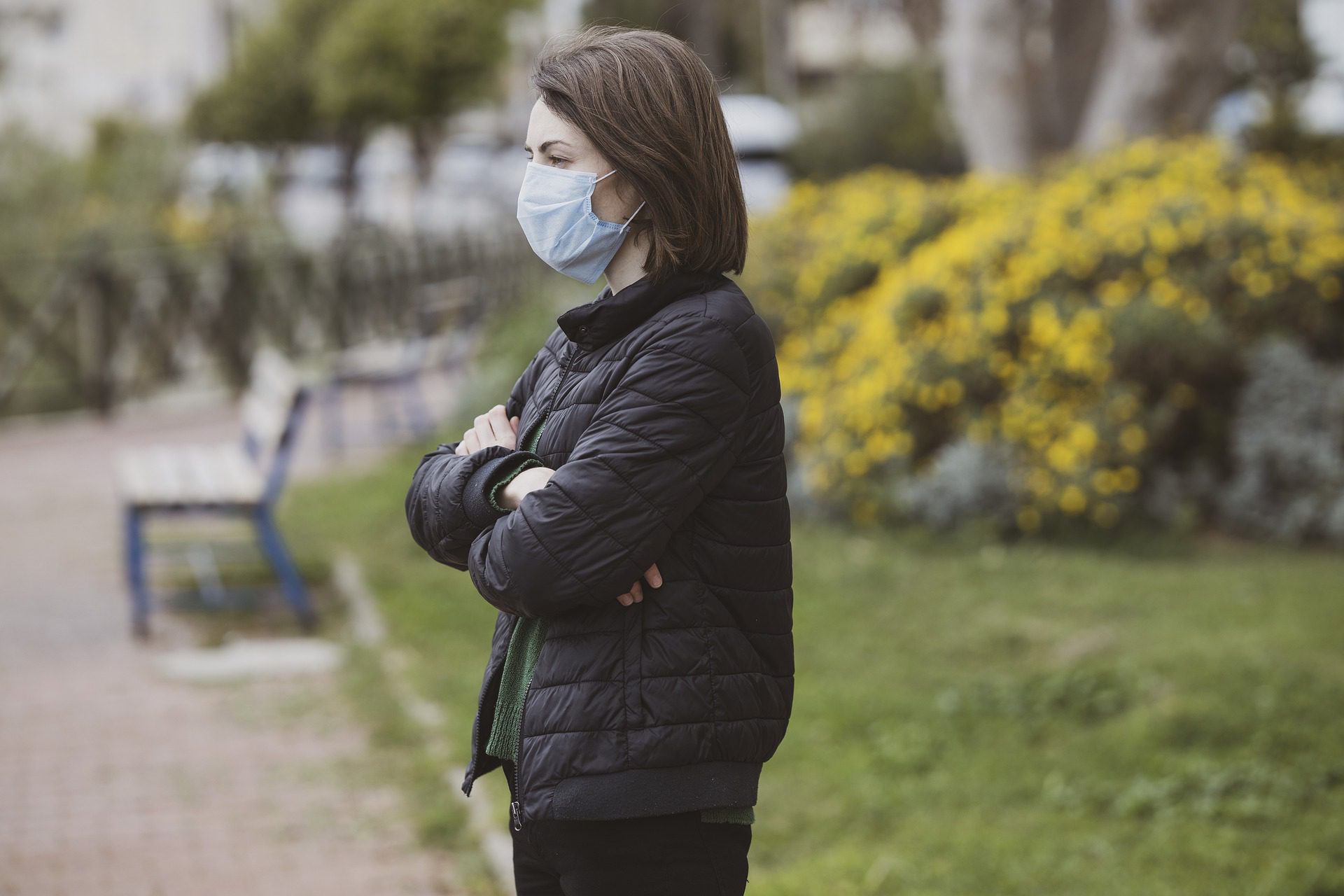

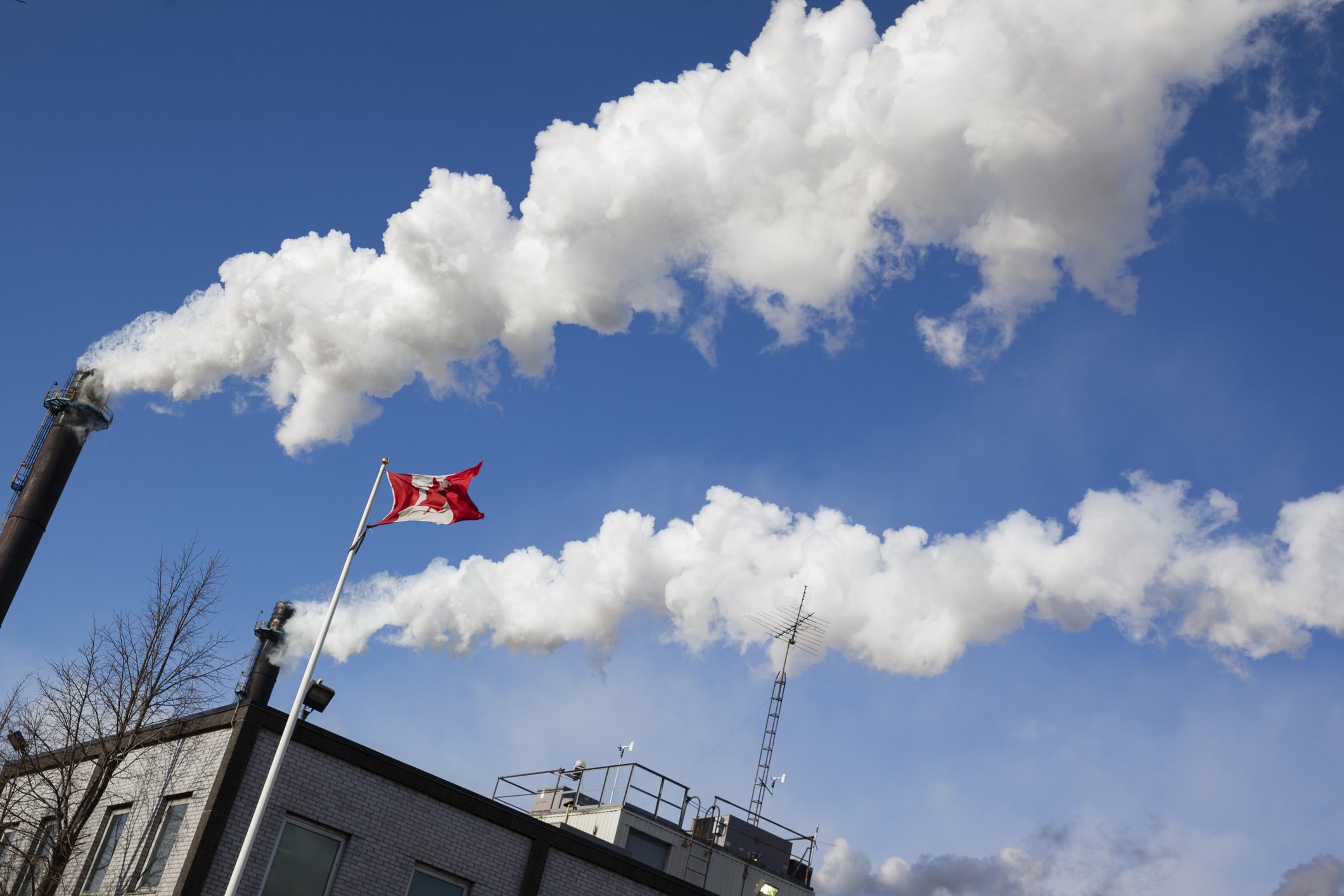 How big of a reduction of greenhouse gas emissions in Canada are we seeing since the COVID-19 crisis began?
How big of a reduction of greenhouse gas emissions in Canada are we seeing since the COVID-19 crisis began?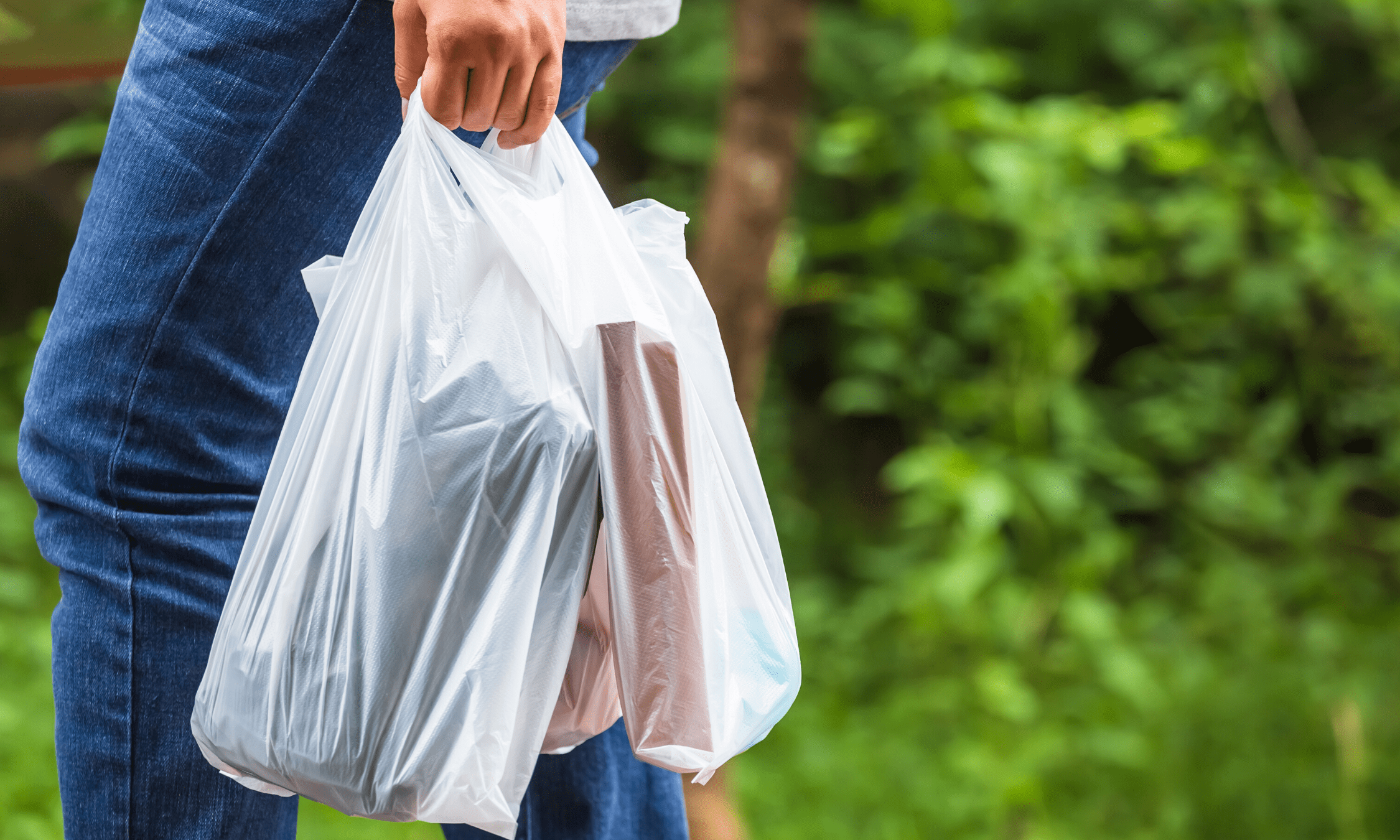 How can we counteract the claims from the plastics industry that during the COVID-19 crisis that it is more hygienic to use plastic bags and single use-containers than reusable ones?
How can we counteract the claims from the plastics industry that during the COVID-19 crisis that it is more hygienic to use plastic bags and single use-containers than reusable ones?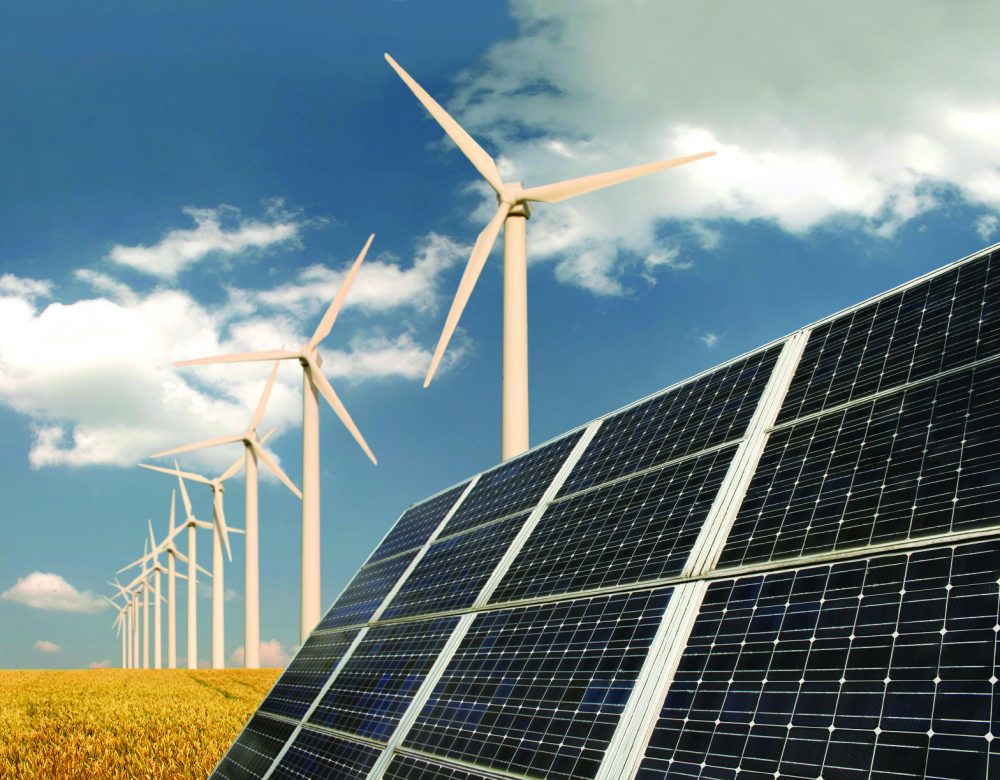 What are the benefits of investing in renewable energy as part of the economic recovery process from COVID-19?
What are the benefits of investing in renewable energy as part of the economic recovery process from COVID-19? What actions can we take from home besides signing online petitions, during the COVID-19 crisis?
What actions can we take from home besides signing online petitions, during the COVID-19 crisis?
